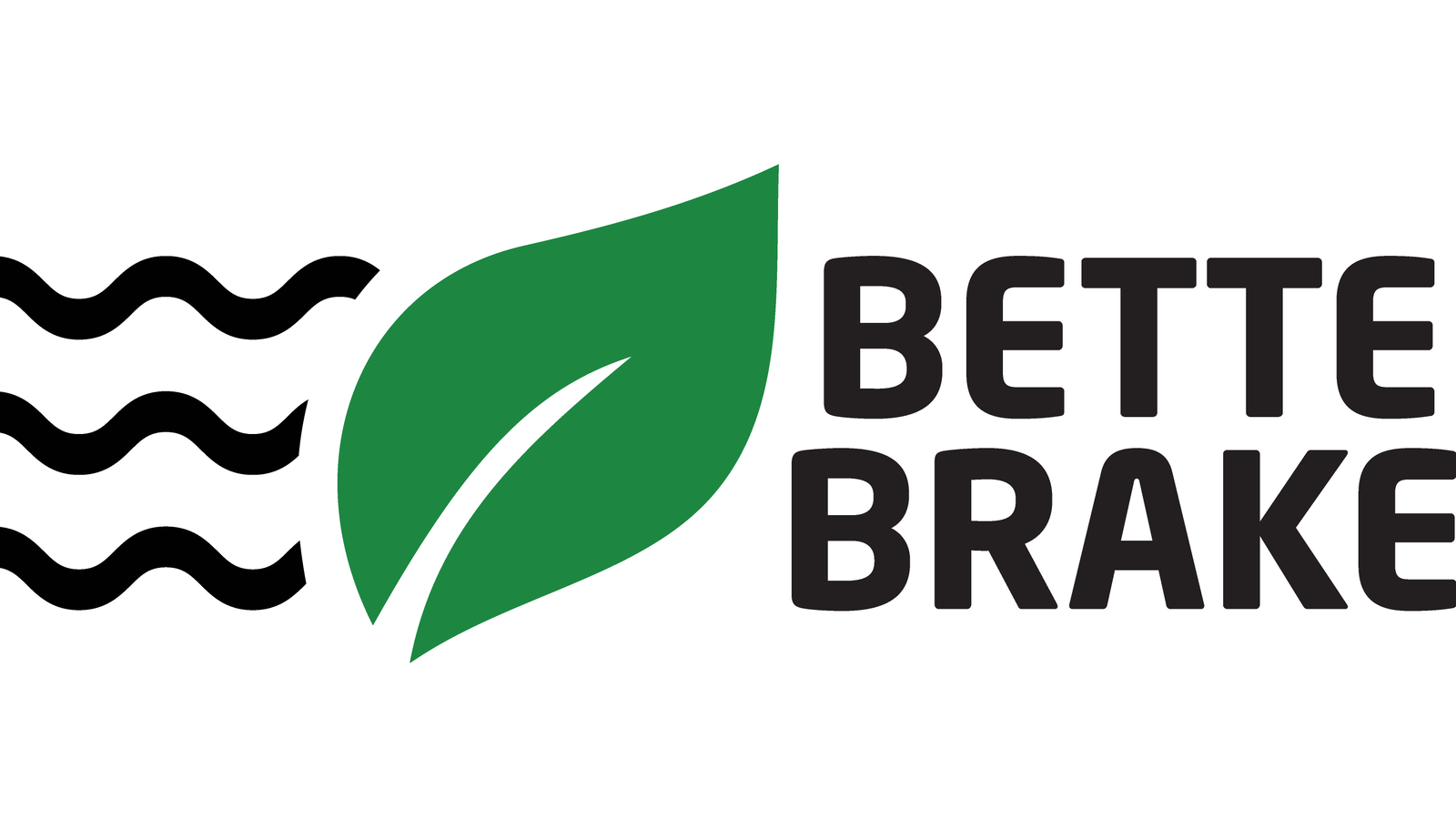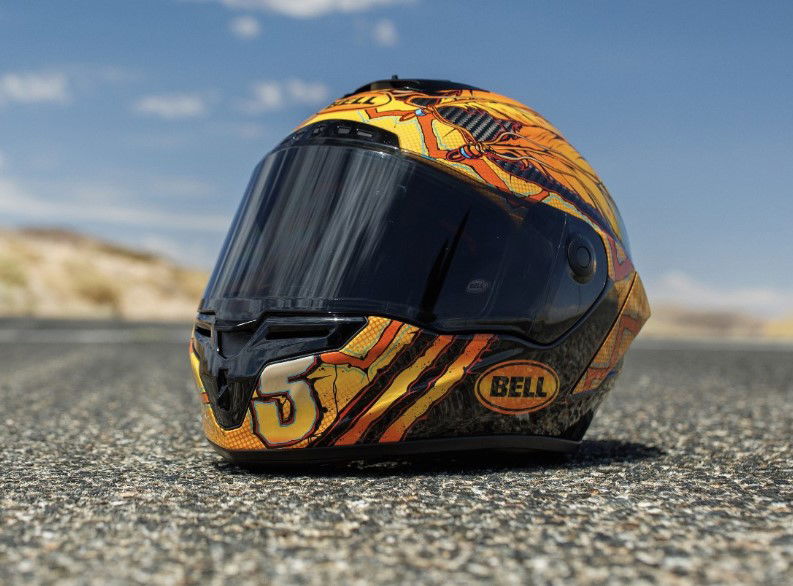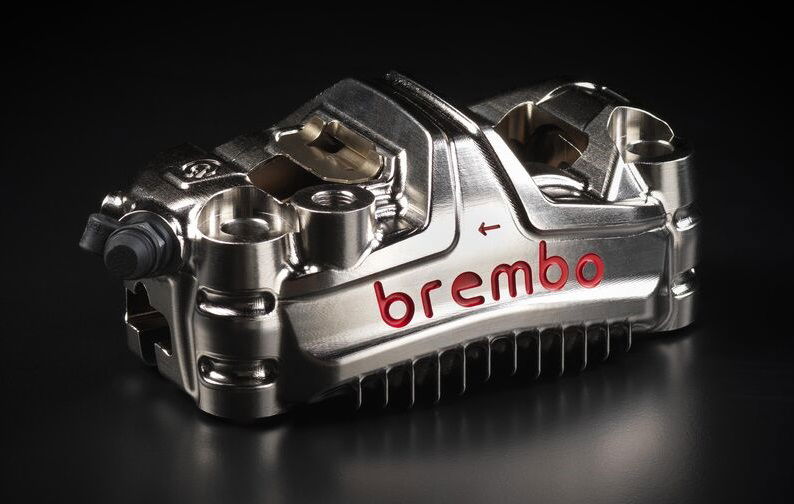SBS introduces new "Better Brakes" sustainable brake pads
The brakes manufacturer, SBS, has announced a new line of brake pads called "Better Brakes" designed to be more sustainable and offer improved performance.

SBS are releasing a new range of sustainable brake pads, which they have called ‘SBS Better Brakes’.
SBS Better Brakes has been introduced with a new type of compound that is both purer in composition and supposedly has improved performance characteristics to match. The brake pads come in two forms: the Sinter versions and the HF versions.

The new compounds that SBS are using are designed with purification and performance in mind. The sinter compounds will not contain copper and nickel and are instead designed on an iron-based formula. The HF compounds are purified and are without compounds that contain dust particles that may or may not contain levels of copper, nickel, and antimony.
There will however be a transitioning phase for SBS to bring in their better brake pads. By 2025 SBS aim to make sure that 95% of their products will be transitioned into the new SBS Better Brakes compound formula.
The ‘SBS Better Brakes’ will be developed for a variety of two- and four-wheeled vehicles. The brake pads will be made for street motorbikes, American v-twin style motorcycles, scooters, racing motorbikes, off road motorbikes and ATVs.
The new ‘SBS Better Brakes’ are also all approved according to ECE R90 regulations. The ECE R90 regulation specifies design, construction, and performance requirements and test protocols for brake pads for road going motor vehicles. SBS have also achieved an industry first full approval rate according to the new ECE R90 regulation for their new brake pads.
SBS’ ‘Better Brakes’ features NUCAP Retention System (NRS) technology. SBS conductive and sintered brake pads are all enforced with the premiere bonding technology in the market, NRS. The NUCAP Retention System (NRS) is a patented process where the backing plate surface is modified with a matrix of steel hooks that create an indestructible mechanical bond between brake pad backing plate and the friction material, without any use of adhesives.
The main advantages of NRS technology compared to traditional bonding methods are: no separation between backing plate and friction material, no lifting edges of the friction material giving a firm lever feel and finally, no vibration between the friction material and backing plate.







